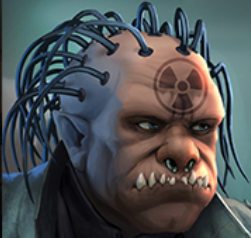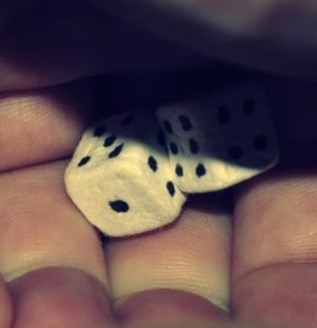I am running this “season” (in the TV sense not the video game sense) of my friend groups lasting TTRPG session. It’s sort of anthology in that we are wanna be creative types and we use the games to explore our storytelling abilities. None of them are particularly connected but there are some common themes throughout. We have been playing on and off since high-school.
We have done one session of just about everything from classic D&D to modern stuff like Lancer and Mothership. However, Many of our adventure turn into a DBZ were we all get stronger items and Level up and fight a guy. I want to mix things up.
I am Gamemaster this time around and I am running a campaign of vanilla “Spycraft” the D20 secret agent style game. I recently replayed “No One Lives for Ever” and I thought it did a great job satirizing but also indulging in the genre. I want to do something similar, I want to keep it tightly focused and without giving way to action movie just giving them bigger guns and stuff
I was thinking of doing the same thing but taking back to a faux Civil War era with super spies and mildly future tech or maybe a reverse Saturday morning cartoon G.I. Joe where they play agents of a Cobra-like organization.
Does anyone have any tips in general about how to think about breaking genre trends and making a more unique play experience for your friends?
focus on telling an interesting story first and foremost. If you try just to surprise and shock your players, the game will become railroaded and less fun. To stop them from powering up, make every encounter very low xp and weapons not significantly better, like real life. Then they'd have to focus more on sneaking around.
https://www.thealexandrian.net/creations/misc/node-design/node-design.html
https://theangrygm.com/you-can-quit-encounters/
Going to post some articles I think address what you are asking about, also i'll quickly summerize Sly's Return of Lazy Gamemaster:
Start every session with a strong & engaging beginning Have a short list of one sentence potential scenes Have a short list of secrets and clues that you decide during the session to reveal when appropriate Have a short list of fantastic locations described with 2 to 3 adjectives Have a short list of the important NPCs along with a sentence describing their motivations (I also appretiate the fronts technique https://blackarmada.com/apocalypse-world-fronts/) Have a list of relevant monsters statted up already Have a list of items your players want as well as some random generated loot Review your notes before the session
So in short you can subvert genre tropes and player expectations by relying a bit more on improv guided by NPCs that are more human/real in that they have motivations and are attempting to actualize them during the game in part by reacting to the actions of the players resulting in a more organic development that won't feel gimmicky or steeped in tropes
Hope that helped! the game you are planning to run sounds delightful



